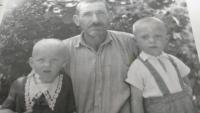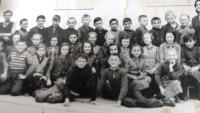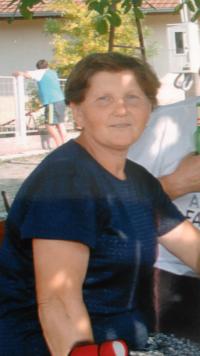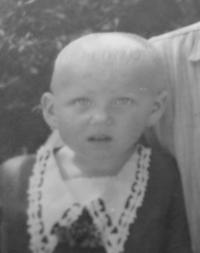Things were better in the past
Margita Sloupová was born in Kruščica in the then Yugoslavia (Serbia today) on 11 May 1955. The community near Romanian border was home to a Czech minority. Although she was a good student her parents did not allow her to continue her education after her eight grade. She married a man in the Ablián settlement of Češko Selo (Czech Village) near the town of Bela Crkva in the east of Serbia. She makes her living farming to this day and lives in Češko Selo.




